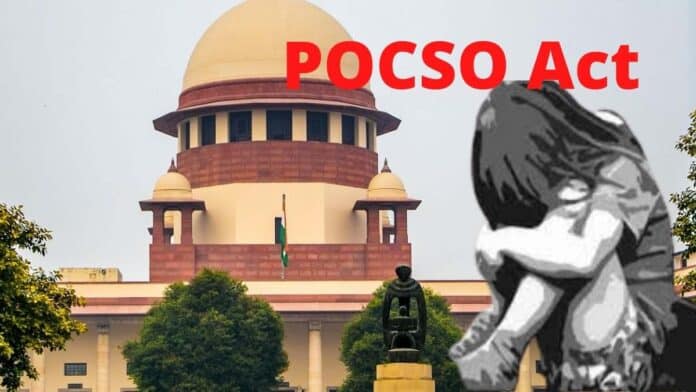In a significant judgment reaffirming the protection of child victims in sexual offence cases, the Supreme Court of India dismissed a Special Leave Petition (Crl.) No. 10082 of 2024 filed by Madhab Chandra Pradhan and others against the State of Odisha. The petitioners challenged the orders of the High Court of Orissa and the Additional
To Read More Please Subscribe to VIP Membership for Unlimited Access to All the Articles, Download Available Copies of Judgments/Order, Acess to Central/State Bare Acts, Advertisement Free Content, Access to More than 4000 Legal Drafts( Readymade Editable Formats of Suits, Petitions, Writs, Legal Notices, Divorce Petitions, 138 Notices, Bail Applications etc.) in Hindi and English.




